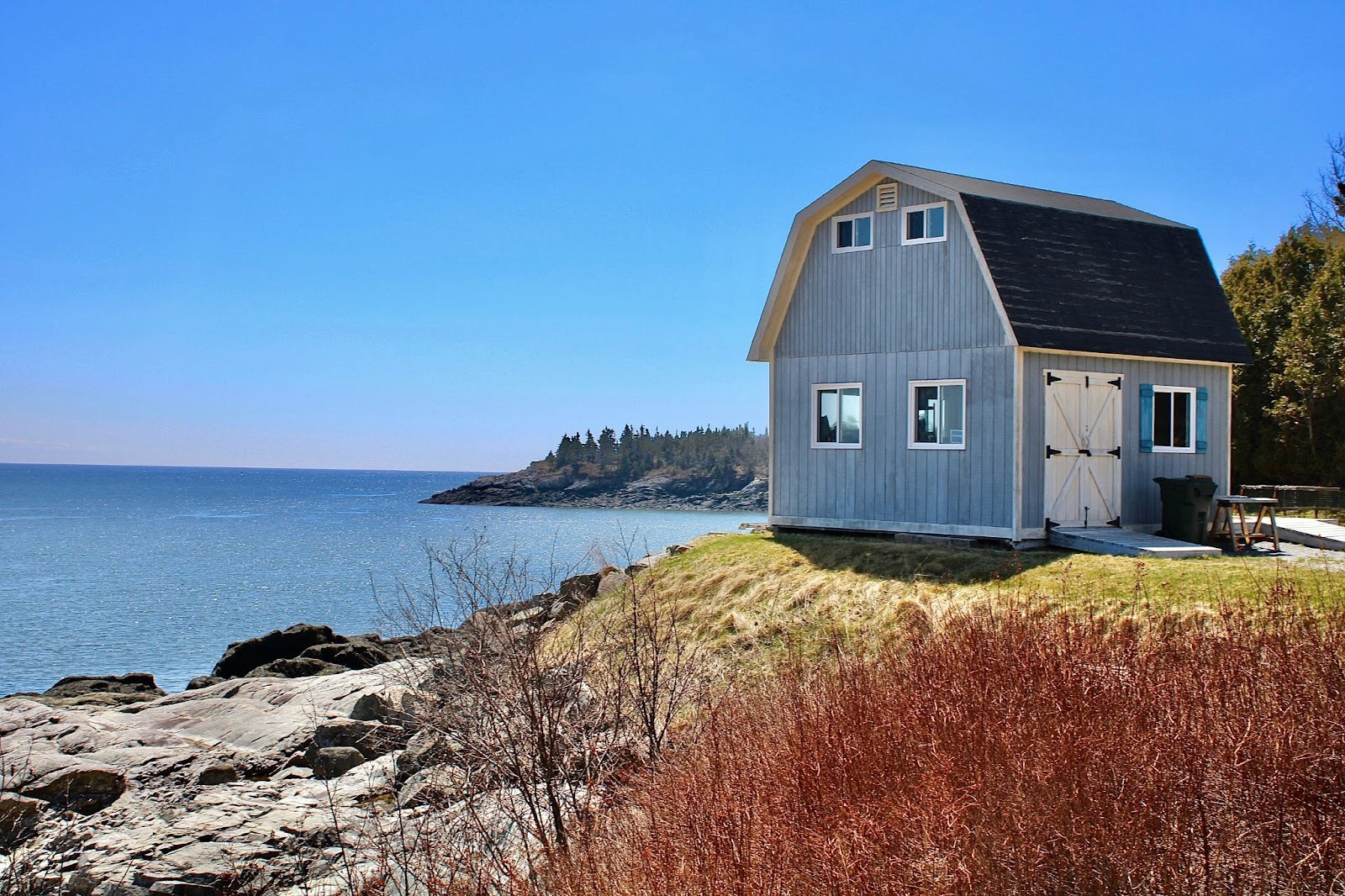Industry insights
How to set the right price for your vacation rental during peak season
28 Jun 2023
·
By Pamela Sousa
As a holiday rental property owner, setting the right price during the peak season is vital to your business's success. Summer is one of the busiest travel periods, and you want to maximise profits while ensuring your guests feel they are getting value for their money. Having a realistic pricing strategy ensures that you don't overcharge your guests whilst maximising your profits. Additionally, setting minimum stay requirements and being mindful of your property type and location can help attract the right guests. For example, if you own a beautiful apartment in the heart of Thessaloniki, Greece, offering a minimum of 2 nights may be more appealing than requiring 7 nights, especially if it's a popular city-break destination like Thessaloniki. Our aim is to provide practical tips on how to set realistic market prices during high/peak season based on market trends and how to consider external factors.
Be realistic about your location, popularity, and type of property
The location, popularity, and type of property are crucial for you to set a realistic price. For example, if you own a beachfront property, you can charge more during the summer season when demand is high. If your property is located in a popular tourist destination, you can capitalise on this by charging higher prices during the peak season. The type of property you own can also influence the price and minimum number of nights. A luxurious villa will command a higher price than a cozy apartment. This will also secure bookings while minimising cleaning costs and administrative time.

Take into consideration local market trends for 2023 in the short term rental industry
Keeping an eye on local market trends is essential in setting the right price for your holiday rental. Despite numerous events impacting the economy this year, the short-term rental industry, as reported by AIRDNA, remains resilient without any indications of slowing down. Despite this, it's important to remember that consumers are always looking for value, especially with the number of travel booking sites available to them.
That's why offering promotions such as last-minute discounts on Airbnb or Booking.com can be a smart strategy for holiday rental owners. By doing so, you'll have the opportunity to fill any last-minute gaps in your rental calendar.
Additionally, consider offering mobile rate discounts if you have a listing on the Booking.com channel. According to Booking.com, over half of all bookings (59%) are now made on mobile devices. By offering a Mobile Rate, properties can expect to receive 22% more bookings on average from customers on mobile. If you're a Travelnest customer, you can easily set up this promotion for the Booking.com channel.

What pricing strategies are most effective during peak season?
As travellers seek off-season rates, the summer travel season is set to extend beyond the usual peak period. Although there are multiple pricing strategies available in the short-term rental industry, the most frequently used ones are:
Pricing Based on Competition
If you like to take full control over your rates, research on similar properties in your area and see what they are charging. Look at trends year-over-year to determine how pricing fluctuates and adjust accordingly. Don’t forget to consider the unique features and amenities of your property.

Loyalty and Repeat Guest Discounts
Offer discounted rates or exclusive deals to guests who have previously stayed at your property or to those who book with you multiple times. This strategy encourages guest loyalty and increases the chances of repeat bookings. Travelnest just launched a new feature called Discount links which has been helping existing customers offering exclusive discounts.

Dynamic Pricing
This strategy involves adjusting your rental rates based on factors such as demand, seasonality, local events, and market conditions. Travelnest’s Smart Pricing feature helps existing customers to automatically adjust their pricing based on local market trends. With this convenient feature, they can easily stay ahead of the competition and potentially increase their revenue by up to 60%. Join our existing customers and let our Smart Pricing feature help you maintain competitive pricing, so you can focus on other tasks.

Last-minute and mobile rates discounts
Offering discounts for last-minute bookings for Airbnb and Booking.com channels can help fill any remaining availability in your calendar and attract spontaneous travellers. This strategy incentivises guests to book your property rather than leaving it unoccupied. You can also offer mobile rates discount for Booking.com. If you're a Travelnest customer, you can easily set up this promotion for the Booking.com as 80% of Booking.com guests are using a mobile when researching their trip.

Minimum stay requirements
Setting minimum stay requirements can be an effective way to attract the right guests. For example, if you own a family-friendly property, setting a minimum stay of one week may be more appealing to families looking for a longer vacation. On the other hand, if you own a property popular with business travellers, setting a minimum stay of two nights may be more appropriate. By setting minimum stay requirements, you can regulate the flow of guests and ensure that your rental calendar doesn't have gaps.

External factors
External factors such as holidays, seasonal variations, and weather-related events can affect your holiday rental pricing. During holiday periods, you may want to increase your prices slightly due to higher demand. Similarly, during the low season, you may want to lower your prices to attract guests. If there are weather-related events such as a heatwave or a snowstorm, you may want to adjust your pricing accordingly.

To wrap things up, it is essential to conduct thorough research and keep an eye on market trends to set the right prices during the busy season. Factors such as location, popularity, type of property, local market trends, minimum stay requirements, and external factors should be carefully considered. By being flexible with pricing when necessary, you can optimise your holiday rental business and maximise your profits while providing a great experience for your guests.
